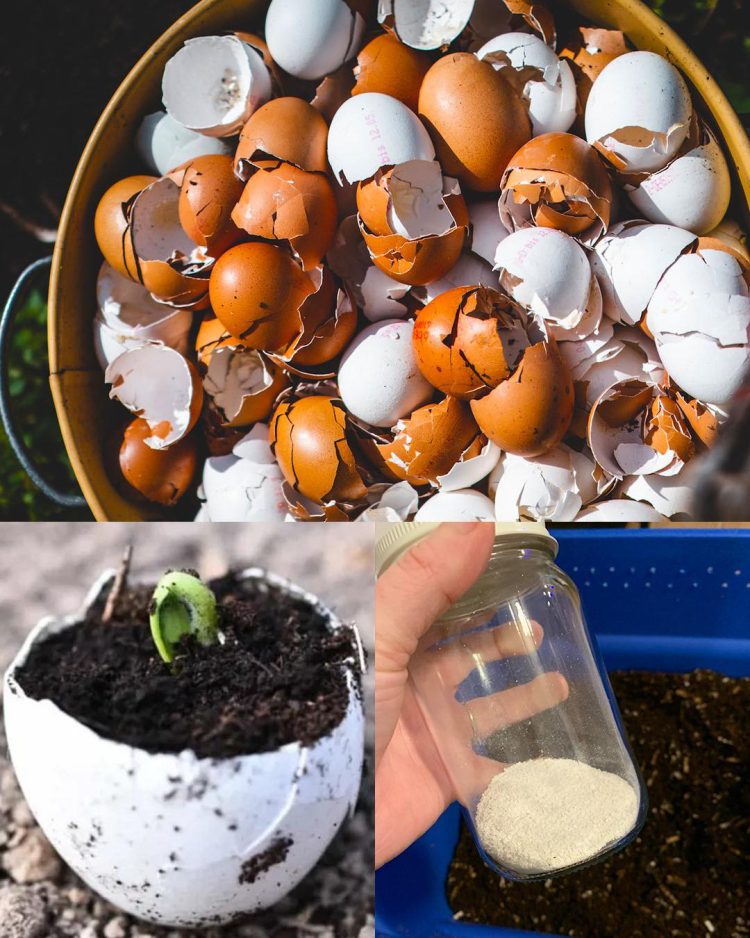Eggshells are often regarded as kitchen waste, but for gardeners, they are a hidden gem. Composed primarily of calcium carbonate, eggshells offer numerous benefits to plants, from enriching the soil to deterring pests. Utilizing eggshells in your garden is an eco-friendly way to recycle kitchen scraps while improving plant health and soil quality. In this article, we’ll dive into the many benefits of using eggshells for plants and how to incorporate them effectively into your gardening routine.

Nutritional Profile of Eggshells
Eggshells are approximately 90-95% calcium carbonate, an essential mineral that plants need to build strong cell walls. They also contain small amounts of magnesium, phosphorus, and potassium—minerals that contribute to overall plant health. Calcium from eggshells is particularly beneficial for preventing certain plant diseases and promoting robust growth.
Benefits of Using Eggshells for Plants

- Improves Soil Calcium Levels
- Calcium is crucial for cell wall development in plants, contributing to sturdy stems and leaves. Adding eggshells to the soil is an effective way to increase calcium content, particularly for plants that are prone to calcium deficiencies, such as tomatoes, peppers, and squash.
- Prevents Blossom End Rot
- Blossom end rot, a common issue in tomato and pepper plants, is caused by a calcium deficiency. Incorporating crushed eggshells into the soil can help provide a steady calcium source, preventing this unsightly and damaging condition from affecting your crops.
- Enhances Soil Structure
- Eggshells help improve soil structure by aerating the soil and creating small pockets of air. As the eggshells break down, they provide space for roots to expand, enhancing drainage and allowing plants to access nutrients more efficiently.
- Natural Pest Deterrent
- Crushed eggshells act as a natural pest deterrent, especially against soft-bodied pests like slugs, snails, and certain types of caterpillars. The sharp edges of crushed eggshells make it difficult for these pests to navigate, reducing their impact on your plants without the need for harmful pesticides.
- Balances Soil Acidity
- Eggshells are alkaline, meaning they can help balance soil pH levels if your garden soil is overly acidic. Maintaining an optimal pH level is essential for nutrient absorption in plants, making eggshells an affordable and natural way to create a more favorable growing environment.
- Reduces Garden Waste
- Using eggshells in the garden is an excellent way to recycle waste that would otherwise end up in the trash. This sustainable gardening practice not only benefits your plants but also contributes to reducing household waste and promoting eco-friendly gardening methods.
- Provides Trace Minerals
- In addition to calcium, eggshells contain trace minerals like magnesium, which plays a role in chlorophyll production and phosphorus, which supports root and flower development. Though these are present in small quantities, they can still contribute to healthier plants over time.
